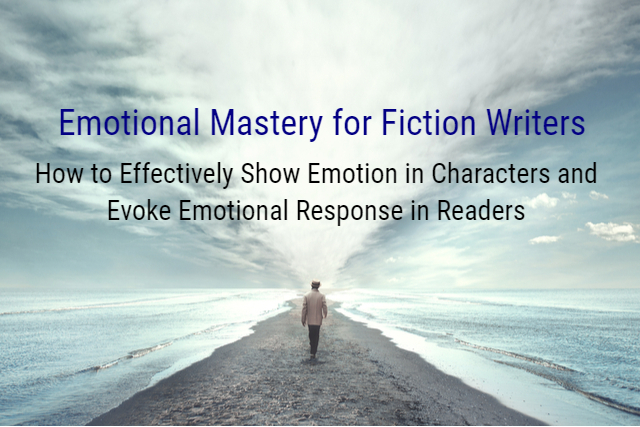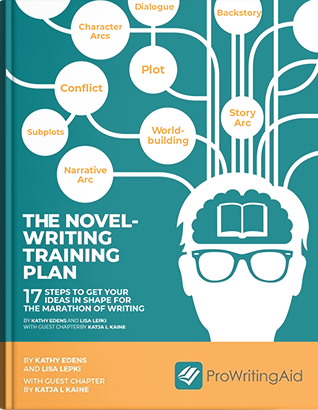
It’s really amazing, if you stop to think about it. Readers will willingly suspend disbelief and subject themselves to the gamut of emotion, making themselves vulnerable to intense feelings.
Some readers read for the suspenseful ride. Like my husband and kids, who eagerly climb into seats on real roller coasters—they’ll even wait two hours to experience a two-minute ride just to get scared out of their wits.
Some readers are perfectly fine crying, feeling miserable, or aching in commiseration as they go on a difficult journey with a fictional character they love.
Fictional, not real.
Why do so many people love to do this? I don’t know. I can only speak for myself. There is something wonderful, magical, and sublime about being made to feel deeply about something outside my normal life.
Stories that remind me of what being human is all about, what love is, what loyalty is, what hope is, what being victorious looks like, lift me up, confirm my humanity, bring deeper meaning to my own life.
Seeing that we have readers willing to experience emotion when they turn the pages of our novels—no, not willing … expecting, hoping, and longing for an emotional experience—we writers need to become masterful wielders of emotion.
Writers Have to Dig Deep
That’s not an easy thing to do. It takes thousands of hours of study, practice, and honing to become a master of emotion. And often that means we have to mine our own emotions.
We have to dig deep to reflect on how we react, respond, and feel emotionally to events, people, and situations so that we can try to capture those feelings and transfer them onto the page.
That’s the advice Hemingway gave, and it’s the best advice I’ve seen on the emotional craft of fiction: “Find what gave you the emotion . . . Then write it down, making it clear so the reader will see it too and have the same feeling as you had.”
Hemingway’s advice gives us the first step to learning how to manipulate readers’ emotions. In addition to examining how you emotionally react to things you see around you or on TV, pay attention to those moments when you feel strongly while reading a novel.
Instead of thinking, “I want my reader to feel sad,” how much more masterful would it be to dig deep into the many emotional nuances we experience when any given event occurs.
Do what Hemingway instructed. When you feel something, write down what action took place that made you emote. Then dig into the emotions and learn not just why you feel this way but what exactly you are feeling. What thoughts led you to those feelings?
If you can nail the thoughts, which are words, you can put similar thoughts (words) into your narrative and character’s voice.
That’s the first step toward evoking emotion in readers in a masterful way.
Don’t Try to Name Emotions
I usually can’t put a name to the composite emotion I feel in a given situation. I can toss around a whole lot of words. But, to me, trying to name complex emotions is like trying to catch the wind with chopsticks.
Think of it this way. You might not know what to name a particular color shade, but if you have a few tubes of paint and play around with the quantities, you just might be able to re-create the color perfectly.
That’s what you need to do with words on your palette to create the same emotion.
But What If You’re Not the Emotional Type?
If you consider yourself an unemotional person, not used to examining into your feelings, this aspiration to become an emotional master is going to kick your butt.
I’ve had numerous editing clients tell me they really struggle with this. They say, “I’m just not the emotional, introspective type. I rarely get in touch with my feelings.”
Let’s face the facts: since readers read to care, to be moved, if you want to write the kind of novel that will move them, you must find those emotions within you.
Here’s one thing that might help: music.
I don’t know about you, but music is very powerful to me. It can evoke tremendous emotion in me. That’s why movies can move us in such emotional ways—they not only show (rather than tell) scenes in which characters are emoting, there is a soundtrack that overlays, designed to stir emotion.
Who can explain why certain musical scores make some people weep? Or want to cry out in joy? We can feel nostalgia, poignancy, love, peace, awe when we listen to music. It’s hard to name the emotions we feel when we listen.
Certain instruments might move us a certain way. Some are moved by opera. Or a sweet folk song.
The first time I heard Pharrell Williams’s song “Happy” on YouTube, I got so happy I started dancing around the house just like all those people in the music video. That song was so powerful that people all over the world got hooked on it.
Even Oprah had Pharrell on her show to talk about that one song. If you haven’t seen it, take a minute and watch. It shows ordinary people of all ages, races, classes, stature dancing to the song in locations around the world.
Music is powerful. Music and dancing are universal. Joy is something everyone wants to feel. Emotion is powerful, infectious.
Pharrell’s music and lyrics, along with showing people dancing and moving to his song, gets people in touch with that place inside that feels joy in life. And that’s magical.
We also bring our past to our response to music. What are your favorite songs from when you were a teen? Music sparks intense memories.
When I hear certain songs, I’m instantly transported to specific times and places in my life. Not only that, I can almost taste and feel as if I were back there, thinking and feeling the way I did when I was fifteen or twenty.
Music sparks memory. Memories spark emotion. Emotions lead to more thoughts and memories, and more emotion.
If you know you need your character to feel something and you’re not sure how to tap into that feeling, try to find some music that will take you there.
I have a playlist of hours of soundtrack music. And I often choose a particular piece to listen to when I’m writing or plotting a scene in which I need to feel something specific. I may not be able to name the emotions, but I know what feeling I’m searching for.
Music can free you up; bypass your resistance or writer’s block. If you need to write an exciting high-action scene and you put on music that is exciting and stimulating, it can get your creative juices flowing and drown out your inner editor.
Emotional mastery is one of the hardest skills for a fiction writer. While there are many techniques to help you get there, music is one tool that will help you mine your emotions.
Special Offer for ProWritingAid Readers:
Want to learn how to become a masterful wielder of emotion in your fiction? Enroll in Lakin’s new online video course, Emotional Mastery for Fiction Writers, before September 1st, and get 50% off using this link!
Did you know ProWritingAid can help you show emotion in your writing? The Style Report will point out emotion tells, so you can turn those into more poignant descriptions.


